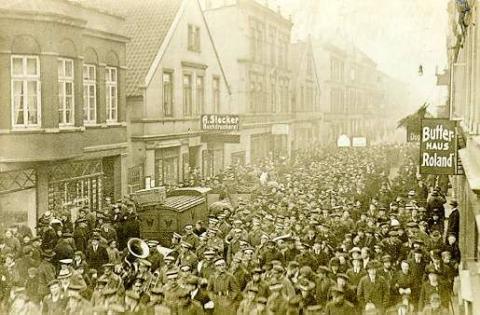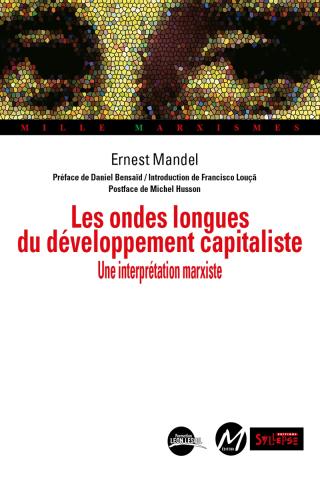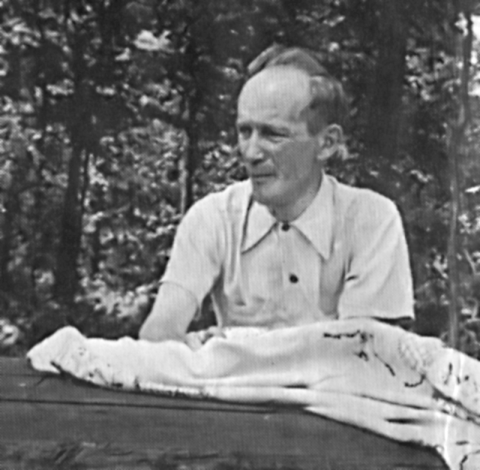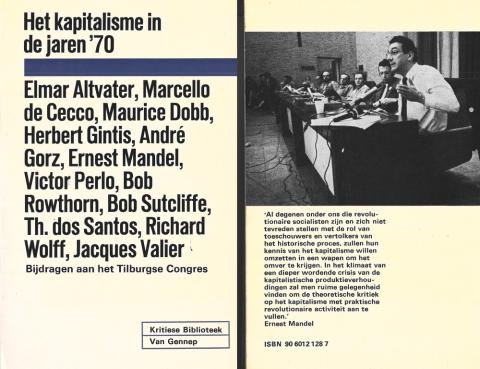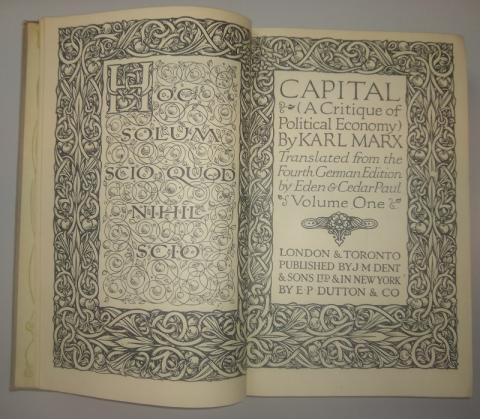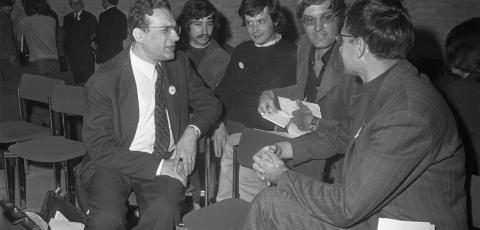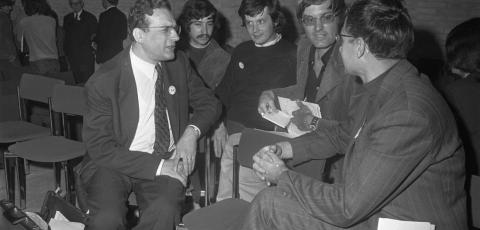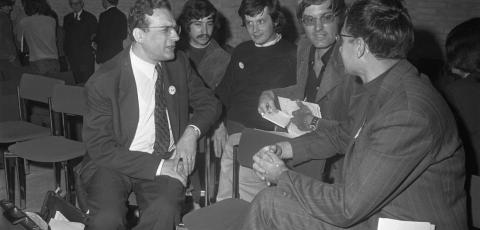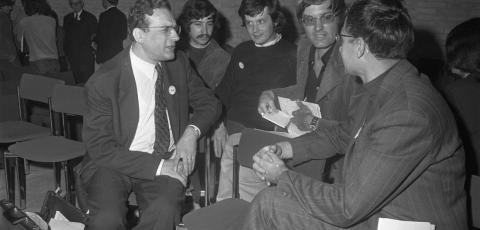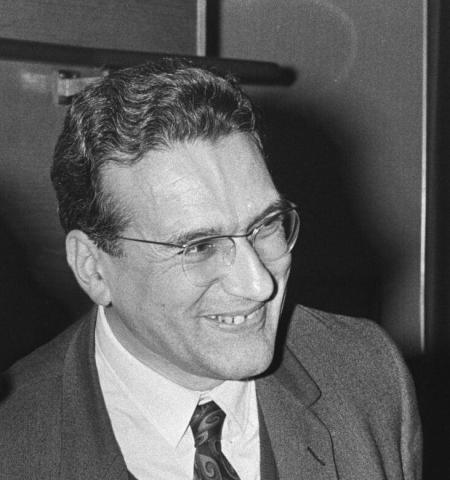Ernest Mandel (1989): The cost of the defeated German revolutions
14 March 2024Three defeats of the German revolution
I
On the occasion of the bicentenary celebrations of the Great French Revolution of 1789, there was an intense public controversy in France, Great Britain and the United States about the alleged ‘excessive costs’ of this revolution.i The conquest of human rights, so far, so good. But what about the deaths caused by the Terror and those of the Vendée uprisings?

